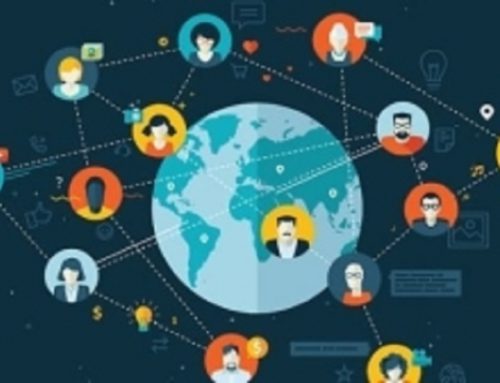
I remember buying The Shallows “How the internet is changing the way we think, read and remember” by Nicholas Carr as soon as the book came out in 2010. After reading a shorter article on a magazine, I thought it could shed some light into the effect the internet was having in our memory.
I haven´t forgot the book, and when the theme pops up in a conversation I do refer to it-if the person is interested to know more about the subject. A couple of months ago I listened to an interesting podcast called The Art of memory in The Guardian, that brought up a more crucial information about the topic. One of the questions that caught my attention was “Can information overload be blamed on information technology?”
“We keep inventing new ways of recording information and analyzing it, however our eyes are always bigger that our stomach. Our need of curiosity leads us to want more than we can handle, technology runs ahead of our ability to digest all the information”
Abbey Smith Rumsey- Writer & Historian focusing on digital preservation
The human being is inherently curious which means that is always hungry of getting information and processing it, however we do have a limited capacity. Abby also explains that we are constantly distracted on our ability to process as we take in a lot of information every day. As an example of this phenomenon you can watch the video “Digital Junkie” below;
An average person in the US can consume 12 hours of data every day taking in a 100.000 words a day.
Taking this distraction phenomenon in consideration is important, as our brain is designed to pay attention to novelty, to what´s new and different and it´s not fitting with our expected patterns. Culture acts as the filter to indicate what´s important in the longer term.
So what´s the impact of this distraction in our brains?
Neuroscience explains that when we are constantly distracted, our ability to pay attention in one thing and process it fully is seriously compromised.
“When we get distracted we risk the ability to understand what´s important for us in the long term, we lose our ability to do what long term memories are for, that´s to make connections and to allow the brain to see patterns between like things so we can distinguish. In the case of human beings, really profound meaning and narratives, a sense of cause and effect that gives our life meaning and trajectory forward”
Abbey Smith Rumsey
To make this explanation more understandable Abbey talks about the example of someone that was unable to forget, this person paid attention to everything and he couldn´t forget anything, so nothing accumulated meaning over the course of his life.
In conclusion, in this new economy of abundance of data, we need to be aware of how it affects our brain, understand that having access to a lot of data doesn´t build knowledge and meaning, unless we can process it and digest it. Also the video is making reference to the so popular “multitasking skill”, are you that 1 in 40 people that are able to multitask without performing worst in other tasks?
What do you think about this? You are welcome to share your thoughts and comments.






Leave A Comment